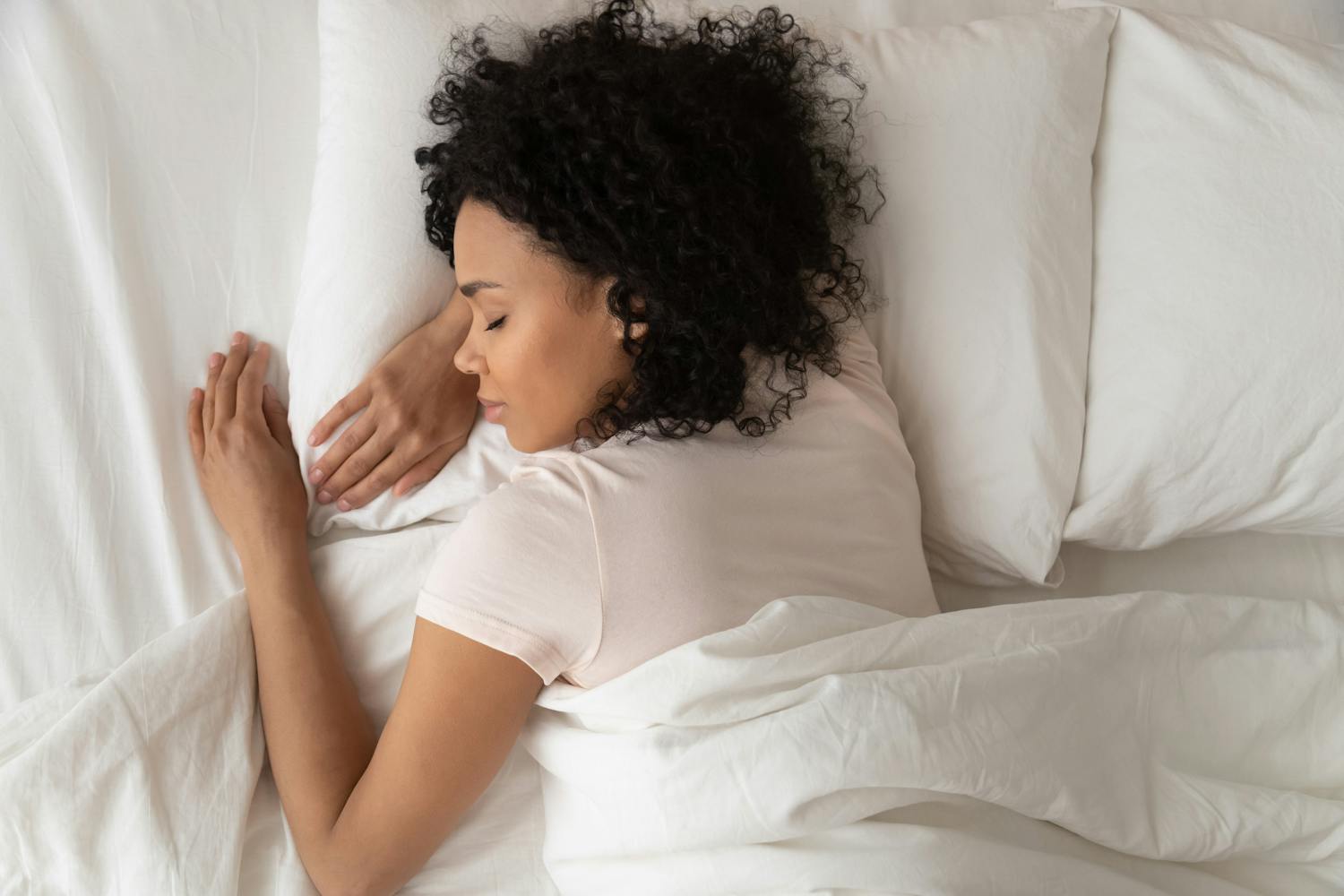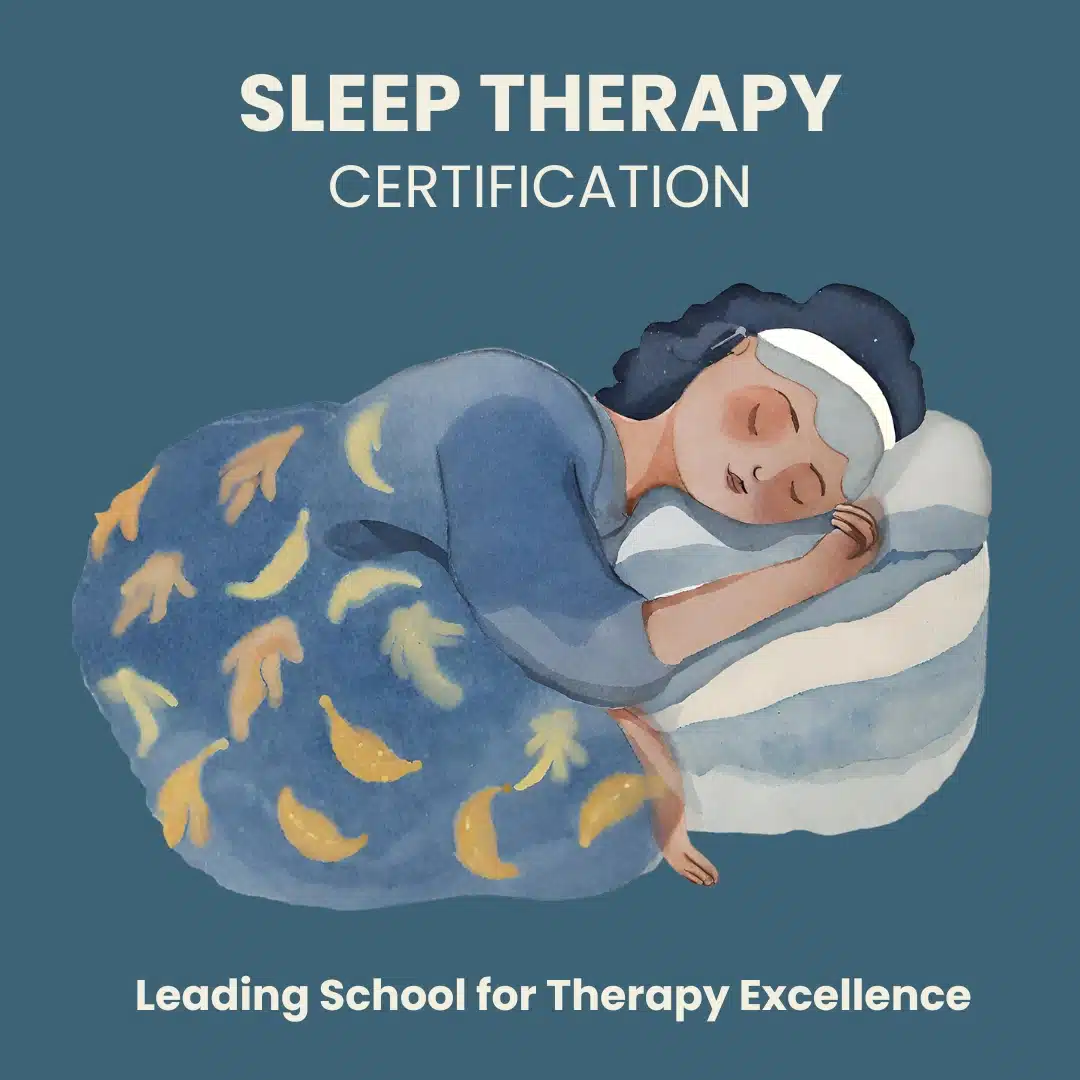Reliable Therapy Solutions for Managing Rest Disorders and Enhancing Peaceful Rest
In the realm of healthcare, the management of sleep problems and the quest for restful sleep are critical components of general health. Effective treatment options supply a multifaceted strategy to deal with these difficulties, ranging from cognitive behavior treatments to all natural methods that advertise leisure and mindfulness. The expedition of various techniques, including the integration of medication and light therapy, opens a realm of possibilities in the quest of much better sleep top quality. As we browse the elaborate landscape of sleep problems and seek to boost our sleep experience, a deeper understanding of these therapy solutions may hold the key to opening a much more refreshing and meeting restorative journey.
Cognitive Behavior Modification for Insomnia (CBT-I)
Cognitive Behavior Therapy for Insomnia (CBT-I) is a structured, evidence-based therapy approach that concentrates on addressing the underlying elements adding to sleep disruptions. This sort of treatment intends to change habits and ideas that aggravate insomnia, inevitably advertising healthy rest patterns. CBT-I typically includes numerous essential elements, consisting of cognitive therapy, sleep restriction, stimulation control, and sleep health education and learning.
Cognitive treatment assists individuals determine and alter adverse thought patterns and beliefs about sleep that might be hindering their capability to drop or stay asleep. Rest constraint entails restricting the amount of time invested in bed to match the person's real sleep period, thereby enhancing rest performance (sleep improvement therapy). Stimulus control techniques help establish a strong association in between the bed and sleep by encouraging people to head to bed just when drowsy and to stay clear of engaging in boosting tasks in bed
In addition, sleep health education and learning concentrates on creating healthy sleep routines, such as keeping a regular sleep routine, producing a relaxing bedtime regimen, and optimizing the sleep setting. By resolving these elements adequately, CBT-I supplies a reliable non-pharmacological treatment for taking care of sleeping disorders and boosting overall rest high quality.
Rest Health Practices
Having established the foundation of cognitive restructuring and behavioral modifications in attending to sleeping disorders via Cognitive Behavioral Therapy for Sleep Problems (CBT-I), the emphasis currently changes towards discovering essential Rest Health Practices for keeping ideal sleep high quality and overall wellness.
Sleep health practices encompass a variety of habits and ecological variables that can dramatically affect one's ability to fall asleep and remain asleep throughout the night. Consistent rest and wake times, creating a relaxing going to bed regimen, and optimizing the rest atmosphere by maintaining it dark, quiet, and cool are important components of good sleep hygiene. Restricting direct exposure to displays prior to bedtime, preventing stimulants like caffeine near to going to bed, and participating in routine physical activity throughout the day can also promote better sleep top quality.
Moreover, practicing relaxation methods such as deep breathing workouts or meditation before bed can help soothe the mind and prepare the body for sleep. By integrating these sleep health methods into one's everyday routine, individuals can establish a healthy rest pattern that sustains relaxed sleep and overall wellness.
Relaxation Strategies and Mindfulness
Carrying out relaxation strategies and mindfulness techniques can play an essential function in fostering a feeling of calmness and promoting quality rest. Furthermore, guided imagery can help move individuals to a serene place in their minds, aiding in stress decrease and boosting rest high quality.
Mindfulness practices, such as meditation and yoga, are also efficient in promoting relaxation and boosting sleep. Mindfulness encourages people to stay existing in the moment, allowing go of fret about the past or future. By incorporating these practices into a going to bed routine, individuals can signal to their bodies that it is time to prepare and unwind for sleep. On the whole, integrating leisure techniques and mindfulness methods can substantially add to managing rest conditions and improving general sleep top quality.

Medicine Options for Rest Disorders
After checking out relaxation strategies and mindfulness techniques as non-pharmacological interventions for boosting rest high quality, it is necessary to consider medicine alternatives for individuals with rest conditions. In instances where way of living changes and treatment do not offer adequate relief, medicine can be an important tool in taking care of sleep disturbances.
Generally suggested medicines for sleep problems include benzodiazepines, non-benzodiazepine hypnotics, antidepressants, and melatonin receptor agonists. Benzodiazepines, such as diazepam, are sedatives that can assist induce sleep, but they are normally advised for short-term use due to the danger of dependence. Non-benzodiazepine hypnotics like zolpidem are also utilized to treat sleep problems and have a reduced danger ffi sleep disorder of reliance contrasted to benzodiazepines. Antidepressants, such as trazodone, can be advantageous for individuals with co-occurring depression and rest disturbances. Melatonin receptor agonists, like ramelteon, target the body's natural sleep-wake cycle and can be valuable for managing sleep patterns.
It is important for individuals to talk to a doctor to figure out one of the most appropriate medicine alternative based upon their particular sleep disorder and clinical background.
Light Therapy for Body Clock Policy
Light therapy, also called phototherapy, is a non-invasive therapy approach utilized to control circadian rhythms and enhance sleep-wake cycles. This therapy entails exposure to bright light that simulates all-natural sunshine, which helps to reset the body's biological rhythm. By subjecting individuals to details wavelengths of light, usually in the early morning or night depending upon the preferred result, light treatment can effectively adjust the body clock to advertise wakefulness during the day and boost relaxed rest during the night.
Study has actually revealed that light therapy can be specifically helpful for people with body clock problems, such as postponed rest stage disorder or jet lag. It can additionally be helpful for those experiencing seasonal affective disorder (SAD), a kind of depression that generally takes place during the winter season when all-natural light direct exposure is decreased. Light therapy is usually well-tolerated and can be utilized combined with various other therapy approaches for sleep problems to maximize results and boost total rest top quality.
Conclusion
Finally, reliable treatment options for handling sleep disorders and boosting relaxing rest include Cognitive Behavior modification for Sleeplessness (CBT-I), rest hygiene methods, leisure techniques and mindfulness, drug options, and light therapy for body clock regulation. These methods can aid people improve their rest top quality and overall health. It is essential to seek advice from with a healthcare company to identify the most ideal strategy for dealing with rest issues.
As we browse the complex landscape of sleep disorders and look for to enhance our sleep experience, a deeper understanding of these treatment services may hold the secret to opening a much more refreshing and fulfilling restorative trip.
Sleep limitation involves restricting the amount of time invested in bed to match the individual's real sleep duration, consequently enhancing sleep performance. Consistent sleep and wake times, producing a relaxing bedtime routine, and enhancing the anxiety insomnia sleep setting by keeping it dark, link peaceful, and cool are vital elements of excellent rest health. Light therapy is usually well-tolerated and can be utilized in combination with various other therapy approaches for rest conditions to optimize end results and improve overall sleep top quality.
